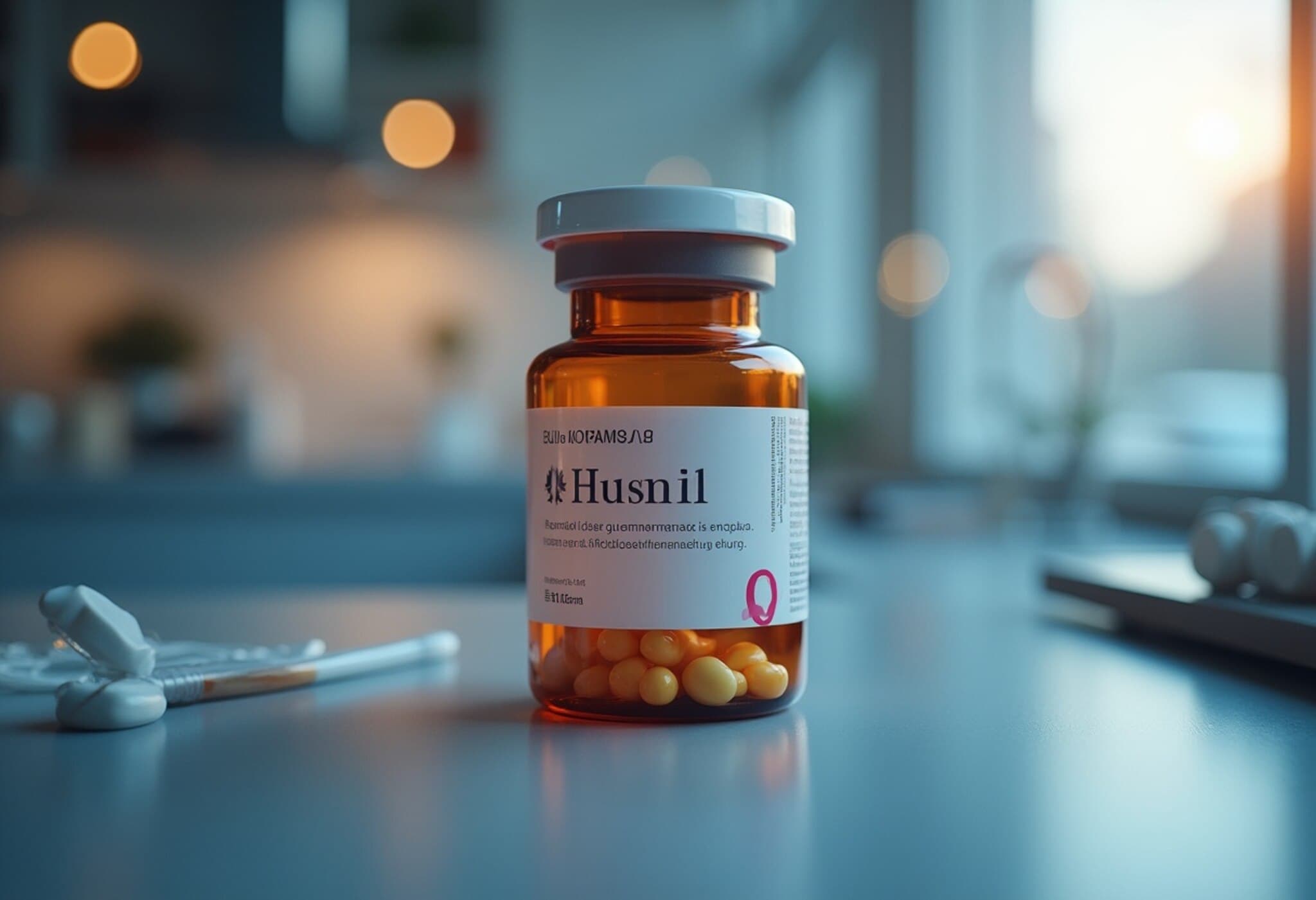Historic Approval of First Malaria Treatment Tailored for Infants
In a groundbreaking development in the fight against malaria, Swiss regulators have recently greenlit Coartem Baby, the first ever malaria medication specifically formulated for babies weighing under 4.5 kg. Developed through the efforts of global pharmaceutical leader Novartis alongside the Medicines for Malaria Venture (MMV), this drug addresses a critical and previously neglected gap in malaria treatment.
The Unseen Crisis: Infants at the Epicenter of Malaria Mortality
According to 2023 statistics cited by the BBC, malaria caused roughly 597,000 deaths worldwide, with a staggering majority occurring in Africa. Alarmingly, children under the age of five account for nearly 75% of these fatalities, underscoring the harsh vulnerability of this age group. Yet, until now, there was no malaria treatment officially approved for infants under 4.5 kg, leaving healthcare providers to repurpose formulations intended for older children—often risking overdose and complications due to infants’ unique metabolism.
Innovative Solution: A Baby-Friendly Formulation Developed with African Partners
The new Coartem Baby formula is thoughtfully designed to dissolve easily, including in breast milk, and has a sweet cherry flavor to facilitate administration to young patients. Eight African nations—Burkina Faso, Ivory Coast, Kenya, Malawi, Mozambique, Nigeria, Tanzania, and Uganda—were integral to clinical trials and assessments. This collaborative approach not only ensured robust testing but also aligns with regional needs and realities.
Not-for-Profit Distribution Model Aims to Widen Access
Novartis has committed to distributing Coartem Baby on a largely not-for-profit basis, signaling a major stride towards equitable healthcare access. Novartis CEO Vas Narasimhan emphasized the significance of this achievement, stating, “For more than three decades, we have stayed the course in the fight against malaria, working relentlessly to deliver scientific breakthroughs where they are needed most. Together with our partners, we are proud to have gone further to develop the first clinically proven malaria treatment for newborns and young babies, ensuring even the smallest and most vulnerable can finally receive the care they deserve.”
MMV CEO Martin Fitchet also highlighted the urgency, saying, “Malaria is one of the world’s deadliest diseases, particularly among children. But with the right resources and focus, it can be eliminated. The approval of Coartem Baby provides a necessary medicine with an optimised dose to treat an otherwise neglected group of patients and offers a valuable addition to the antimalarial toolbox.”
Expert Insights: Why This Matters for Global Health Policy
- Closing the Treatment Gap: Historically, infants have been underserved by malaria interventions due to safety concerns, making this approval a vital step forward.
- Improving Infant Survival Rates: Targeted treatments for babies could dramatically reduce childhood mortality rates in malaria-endemic regions.
- Innovative Public-Private Partnerships: The collaboration between Novartis, MMV, and African health authorities sets a precedent for future drug development addressing neglected populations.
- Potential Economic Impact: Reducing infant malaria deaths can lessen the enormous healthcare and economic burdens on affected countries.
Looking Ahead: Challenges and Opportunities
While the imminent rollout in targeted African countries marks remarkable progress, effective deployment requires addressing systemic challenges such as healthcare infrastructure, community education, and continued funding. Additionally, monitoring real-world effectiveness and resistance patterns will be crucial in sustaining long-term success.
Editor's Note
The approval of Coartem Baby stands as a beacon of hope against one of the world’s deadliest diseases. It compels us to reflect on the importance of inclusive medical innovation that prioritizes the most vulnerable. As the drug reaches African communities, the global health community must ensure that supply chains, healthcare workers, and families are fully supported. Will this milestone accelerate broader efforts to eliminate malaria, or are further systemic reforms needed to translate innovation into lasting impact?












